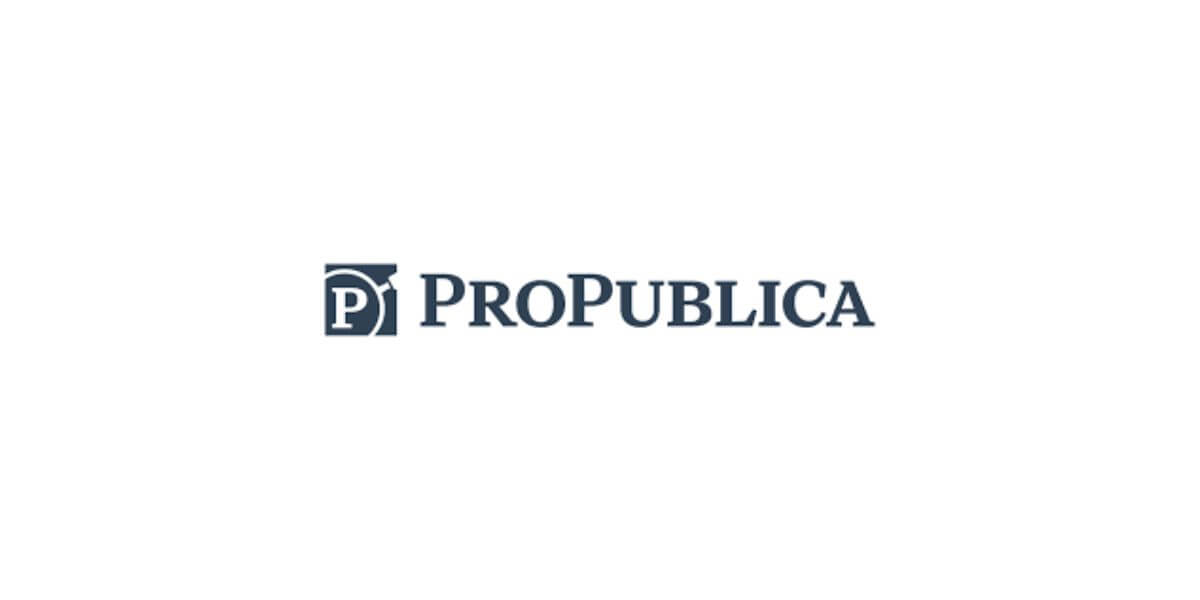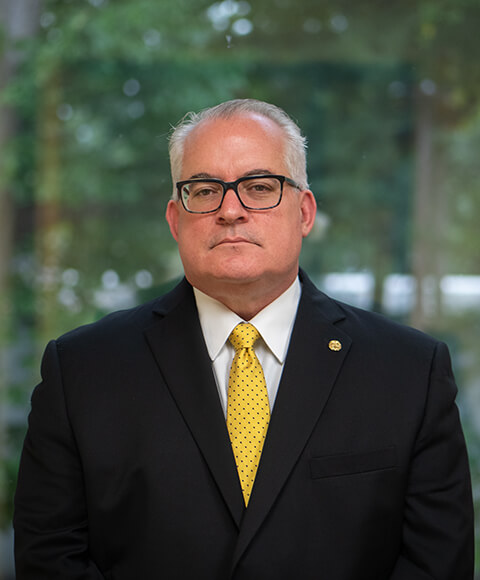WASHINGTON, D.C. (ProPublica) — FBI Director Kash Patel granted waivers to Deputy Director Dan Bongino and two other newly hired senior FBI staff members, exempting them from passing polygraph exams normally required to gain access to America’s most sensitive classified information, according to a former senior FBI official and several other government officials.
Bongino’s role as the FBI’s second-highest-ranking official means he is responsible for day-to-day operations of the agency, including green-lighting surveillance missions, coordinating with intelligence agency partners and managing the bureau’s 56 field offices across the country. The deputy director receives some of the country’s most closely held secrets, including the President’s Daily Brief, which also contains intelligence from the CIA and the National Security Agency.
People familiar with the matter say his ascent to that position without passing a standard FBI background check was unprecedented. ProPublica spoke with four people familiar with the polygraph issues, who spoke on the condition of anonymity for fear of retaliation and because they were not authorized to publicly discuss the details of FBI background checks.
Bongino was selected for the role at the FBI although he, like Patel, had no prior experience at the bureau. Bongino had previously served in the Secret Service and worked as a New York City police officer. But he later gained millions of fans and followers in conservative circles for television and podcast appearances, having taken over Rush Limbaugh’s spot on numerous radio stations. Over the years, Bongino used those platforms to push conspiracy theories about the 2020 election and professed his allegiance to President Donald Trump while railing against the agency he now helps lead.
He’s had a rocky tenure so far, marked by public fights with senior Cabinet officials and accusations that he leaked information to the press, which Bongino denied. In August, Trump appointed Missouri Attorney General Andrew Bailey as co-deputy director at the FBI, setting off speculation that the White House had lost faith in Bongino. But he remains in the job.
ProPublica could not determine whether Bongino sat for a polygraph exam or what its results were. Though the existence of a polygraph waiver is an indication he may not have passed the test, it is possible Bongino received a preemptive exemption, a former senior FBI official with knowledge of the vetting program told ProPublica.
When ProPublica sought comment from the FBI, the agency denied that Bongino or the other senior staff members failed polygraph tests. “It is false that the individuals you referenced failed polygraphs,” wrote spokesperson Ben Williamson.
He added: “The FBI follows all laws and procedures on personnel security measures, and any implication otherwise is false. Furthermore, while the FBI does not comment on confidential security information, particularly in matters of personnel, this article is riddled with falsehoods — it misrepresents polygraph protocol, inaccurately portrays FBI security measures, and makes multiple false claims about FBI employees who have done nothing wrong.”
ProPublica asked the FBI to specify what it considered to be false. The agency did not reply.
A polygraph exam is not technically pass or fail, but a person is not cleared for approval if the examiner finds deception or is unable to reach a conclusion about the veracity of the answers given. Officials said that a person may not have technically failed the exams; the results could be deemed inconclusive, which would not meet the FBI’s standards for hiring or security clearances.
The FBI spokesperson initially said the three officials are so-called Schedule C — a category reserved for political appointees. He said the status would mean they were “not required” to undergo polygraphs. But Daniel Meyer, a former executive director for the Inspector General of the Intelligence Community External Review Panel, told ProPublica that an FBI employee wouldn’t be excluded from taking a polygraph exam simply because they’re a Schedule C employee. Three other lawyers, who specialize in national security matters, said the same.
In fact, the FBI’s employment eligibility guidelines say all employees must obtain a “Top Secret” clearance in order to work at the agency following a background check. “The preliminary employment requirements include a polygraph examination,” the guidelines say.





